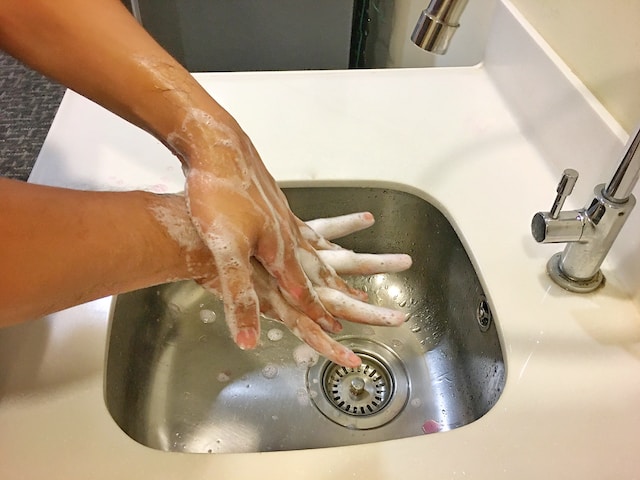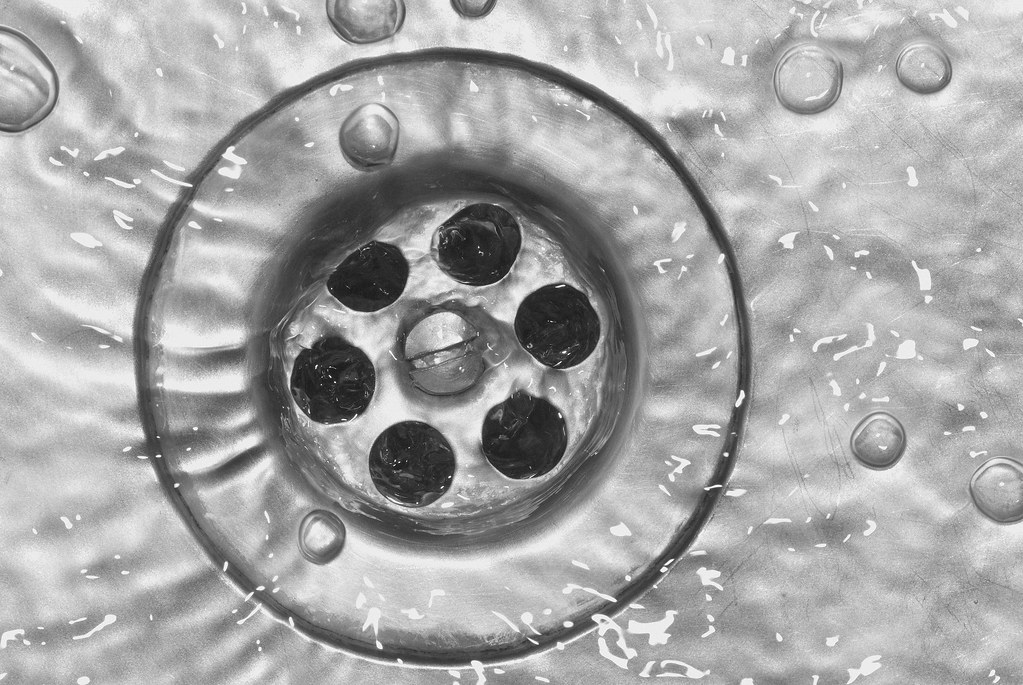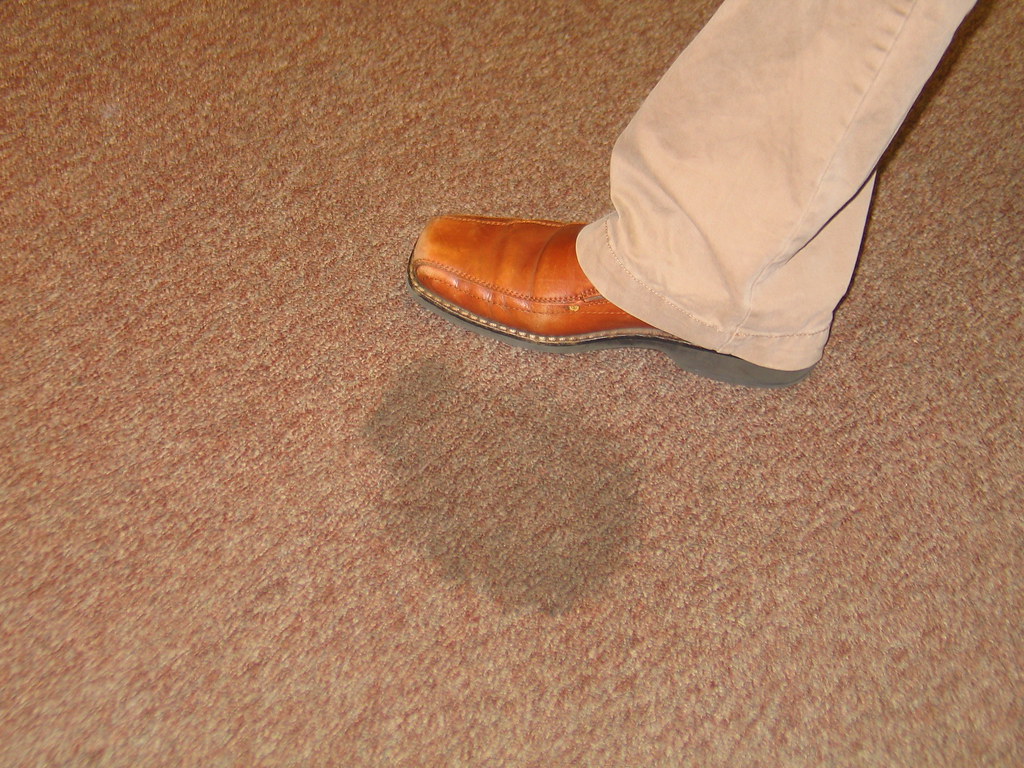Citric acid-based cleaning solutions are gaining traction in the professional cleaning industry in 2023, according to Hannah Jonasse, marketing director of ProNatural Brands, which markets these products.
Jonasse attributes this trend to the environmental benefits, antibacterial and antiseptic qualities, and sustainable ingredients in these cleaners, which are derived from citrus fruits such as lemons and limes.
While they can be used to clean most all surfaces, Jonasse cautions professional cleaners that citric acid-based cleaning solutions are not suitable for some surfaces.
Among those surfaces that should be avoided are the following:
Marble: Citric acid can damage marble, stone, and granite surfaces by reacting with minerals in these products, potentially causing corrosion over time.
Copper: While citric acid can be used on most metals, it can tarnish copper and brass products.
Upholstery: Citric acid can be used to clean most types of upholstery, such as the upholstery on office and school chairs, but it should be tested first on a small area. It could cause discoloration or damage on some types of upholstery.
Wood Floors: Citric acid can strip away the protective layer applied to some wood floors, making them more vulnerable to scratches and stains.
Electronic screens: Citric acid can also harm the protective layer on electronic screens found on computers, TVs, phones, and laptops. The protective layer helps prevent marks or scratches on the screen. It is better to use plain tap water and a microfiber cloth to clean electronic screens.
On the other hand, citric acid can be used for some unexpected and challenging cleaning tasks, according to Hanases.
“Cleaning professionals tell us they are using it to clean tile and grout. They say to spray it on, let it set for a few minutes, and then wipe it clean. This was new to us.”






